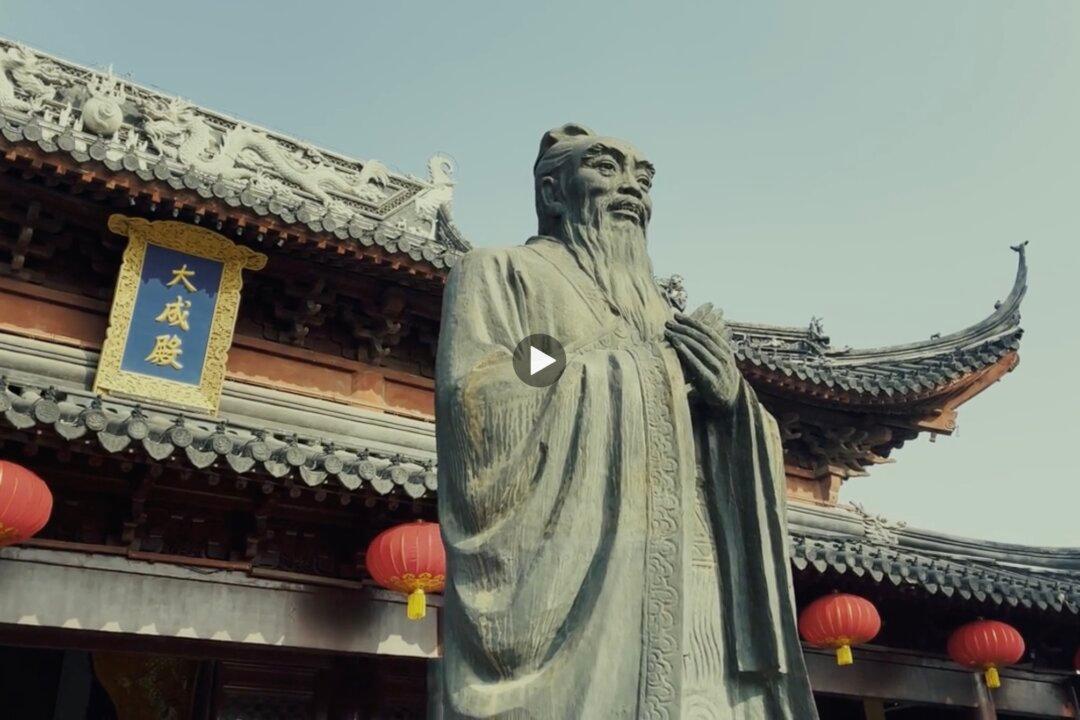Large groups of workers staged protests on Jan. 7 at a pharmaceutical manufacturing company in Chongqing, a megacity in the southwest of China. The protests erupted after thousands of workers were abruptly laid off by Zybio, Inc., a manufacturer of COVID-19 test kits.
Videos posted online show angry workers demolishing boxes of COVID-19 test kits, vandalizing the company’s offices, and clashing with police in riot gear. Protesters threw plastic boxes, water bottles, and cones at police, who ran from protesters—a rare occurrence in China.





